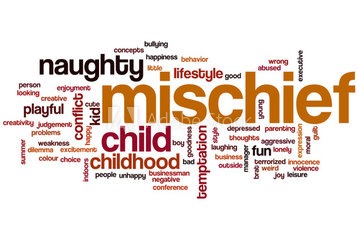

In the anime, Misdreavus is shown to be able to use its "hair" to grasp objects and other Pokémon, as if it were hands. Since it loves watching frightened people, it is known to yank and bite at people's hair or sneak up on them and cry and shriek.

As a nocturnal Pokémon, it spends its days sleeping in darkness and its nights startling people with mischievous tricks. Misdreavus's large, red eyes have yellow sclerae. It has long, flowing lilac-tipped "hair".

This implies that Misdreavus retreats into the gems when it has been severely weakened. When defeated in the side series games, its body disappears, leaving only the gems around its neck behind. It has several round red gems around its neck, which are used to absorb fear and use it as nourishment. While it has no visible arms or legs, its lower half has several small appendages and resembles a ruffled dress. Misdreavus is a dark bluish-green, ghost-like Pokémon.

Pokémon Brilliant Diamond and Shining Pearl.The useful Middle English verb mischieve (early 14c.), used by Skelton and Gavin Douglas, has, for some reason, fallen from currency. 5, both major holidays, and perhaps the original point was pilfering for the next day's celebration and bonfire but in Yorkshire, Scotland, and Ireland the night was Halloween. England was the eve of May Day and of Nov. The meaning has softened with time in Middle English to be full of mischief was to be miserable to make mischief was "to result in misery." Sense of "playful malice" is recorded by 1784. Meaning "harm or evil considered as the work of some agent or due to some cause" is from late 15c. 1300, "evil condition, misfortune hardship, need, want wickedness, wrongdoing, evil," from Old French meschief "misfortune, harm, trouble annoyance, vexation" (12c., Modern French méchef), verbal noun from meschever "come or bring to grief, be unfortunate" (opposite of achieve), from mes- "badly" (see mis- (2)) + chever "happen, come to a head," from Vulgar Latin *capare "head," from Latin caput "head" (from PIE root *kaput- "head").


 0 kommentar(er)
0 kommentar(er)
